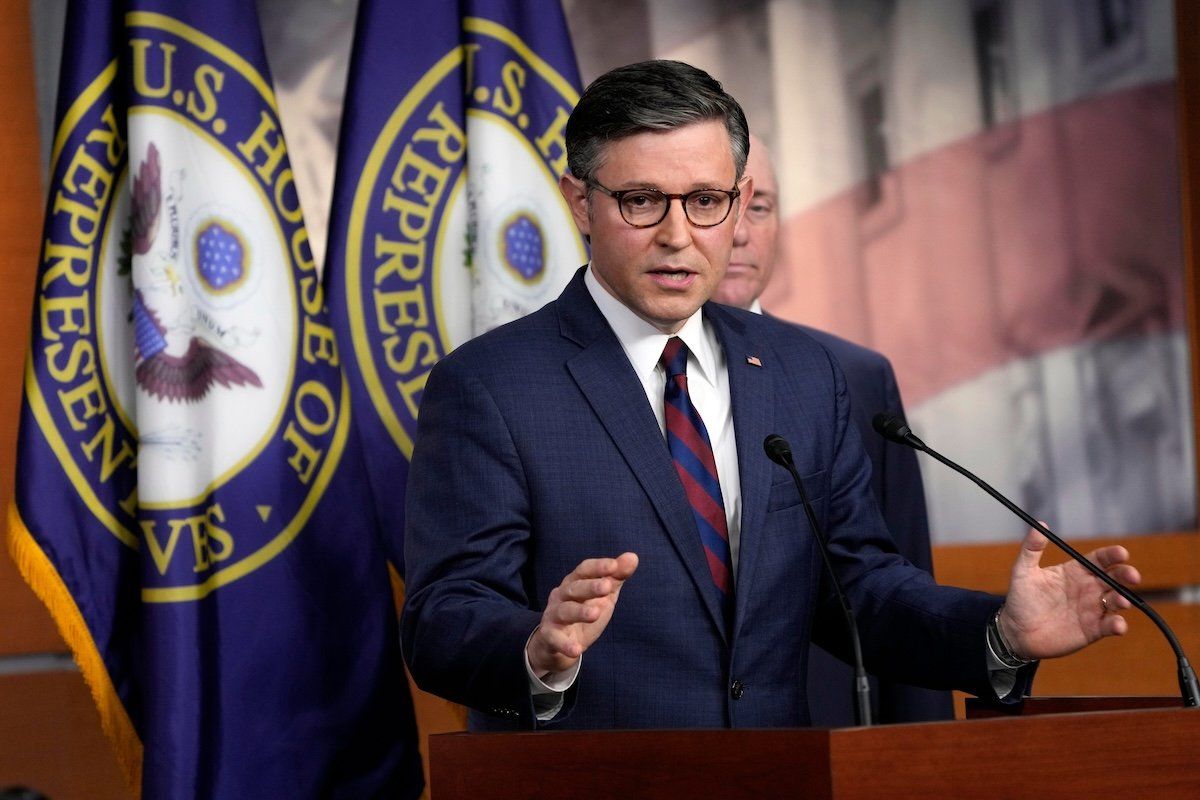Hard Numbers: GOP makes illegal thing illegal, Immigration inquiries overload Ottawa, Westjet makes its flight, US gas demand sputters
Speaker of the House Mike Johnson speaks during a news conference at the US Capitol on May 7, 2024, in Washington, DC.
0.0001: Republican lawmakers in the US have proposed a new bill that would make it illegal for non-citizens to vote in US elections. As it happens, this is already illegal. House Speaker Mike Johnson explained the measure by arguing that “we all know intuitively that a lot of illegals are voting” but acknowledged that this is “not easily provable.” A 2016 NYU study of more than 20 million votes in 42 jurisdictions found that 0.0001% were cast by non-citizens.
184,600: Canada’s immigration bureaucracies have been overwhelmed by requests for information about stuck or pending cases, with more than 180,000 inquiries over each of the past two years. That’s more than triple the volume from 2018. Three years ago, the government pledged to address the backlogs, but watchdogs say it hasn’t done enough.
9: It’s flight time after all. After nine months of tough negotiations, Westjet reached a tentative agreement with the union representing its maintenance workers, narrowly avoiding a work stoppage this week that would have crippled Canada’s second-largest airline. The company last year agreed to give its pilots a 24% pay raise.
8.63 million: Is America’s economy hitting the brakes? The four-week average demand for gasoline fell to 8.63 million barrels per day, reaching the lowest early May level since the pandemic crushed demand for transportation. Demand for diesel and heating oil was also at post-pandemic lows. Analysts were split about whether the weak demand reflects a slowing economy or the rising use of renewables.